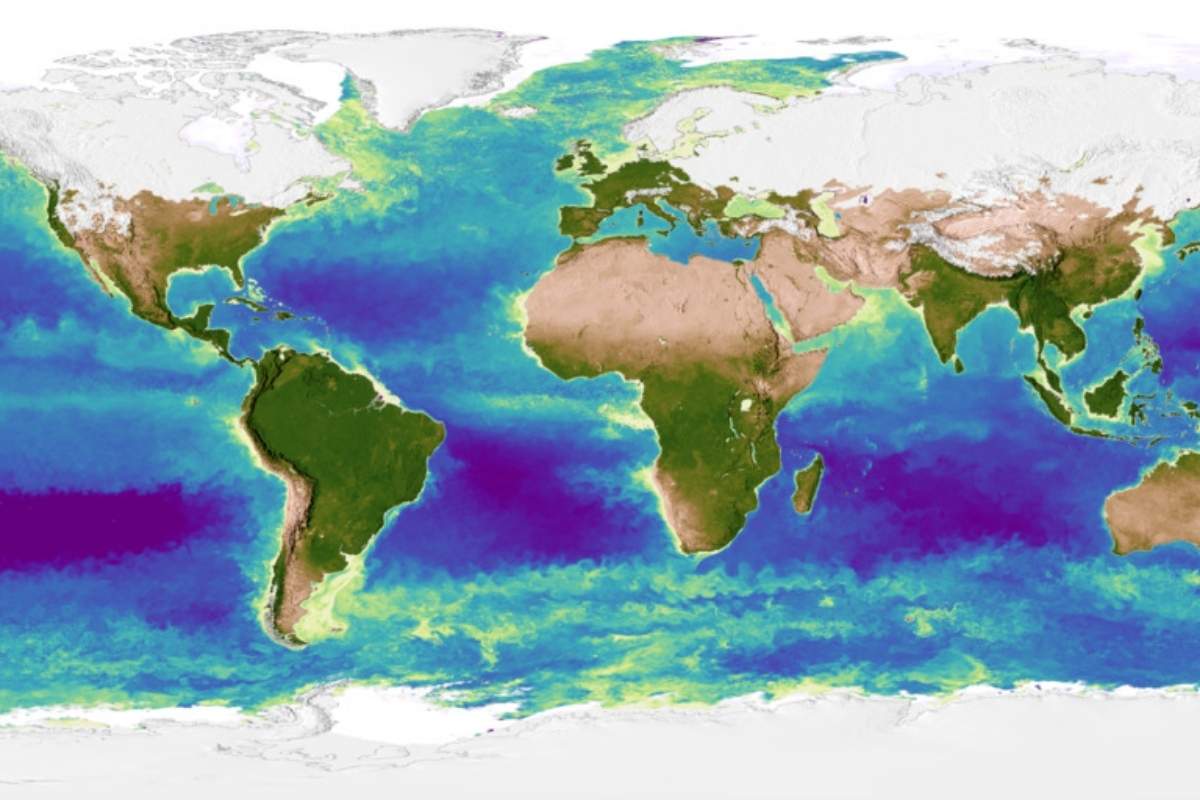Climate change is no longer a distant threat—it is a present reality. Among its most devastating effects is rising sea levels, which threaten to submerge entire nations. Low-lying island countries like Tuvalu, Kiribati, and the Maldives are on the frontline, facing the prospect of losing their homes, cultures, and sovereignty. This article explores the science behind rising sea levels, the geopolitical and economic consequences, and the urgent need for global action.
1. The Science Behind Rising Seas
Rising sea levels are primarily driven by two factors:
- Glacial and Polar Ice Melt: Higher global temperatures accelerate the melting of glaciers and polar ice caps, adding more water to the oceans.
- Thermal Expansion: As water warms, it expands, contributing further to rising sea levels.
According to NASA, sea levels have risen by approximately 8-9 inches (21-24 cm) since 1880, with projections of a rise between 1-3 feet (30-90 cm) by 2100 if global emissions are not controlled.

2. The Nations at Risk
Some of the most vulnerable countries include:
- Tuvalu & Kiribati: These Pacific island nations sit just a few meters above sea level, making them highly susceptible to flooding and erosion.
- Maldives: The world’s lowest-lying country (average elevation: 1.5 meters) faces complete submersion by the end of the century.
- Bangladesh: With its vast river deltas, even a small rise in sea levels could displace millions.
- Indonesia: Jakarta, the country’s capital, is sinking at an alarming rate and could be largely underwater by 2050.
As these nations face existential threats, some governments are actively seeking relocation plans or purchasing land in other countries as a contingency.
3. The Geopolitical & Economic Consequences
The disappearance of nations has profound global implications:
- Loss of Sovereignty & Identity: If an entire country becomes uninhabitable, what happens to its people, government, and culture?
- Climate Refugees: The United Nations predicts that over 200 million people could be displaced due to climate-related disasters by 2050.
- Economic Collapse: Many of these nations rely on tourism and fishing, industries that are severely impacted by rising waters.
- Tensions Over Land & Resources: Countries that receive climate refugees may face economic and political challenges in integrating displaced populations.
4. Can These Nations Be Saved?
Several strategies are being explored to mitigate the crisis:
- Engineering Solutions: Countries like the Netherlands have implemented advanced flood barriers and floating architecture. Similar solutions could be applied to at-risk nations.
- International Relocation Agreements: Countries like Fiji have offered land to relocate displaced communities from Kiribati.
- Legal Recognition: Some nations are lobbying for international agreements to maintain their sovereignty even if their physical land disappears.
- Reducing Global Emissions: The most effective long-term solution remains aggressive action against climate change—reducing carbon emissions and investing in renewable energy.
5. What Can the World Do?
Addressing the crisis requires a global effort:
- Stronger Climate Policies: Governments must commit to international agreements like the Paris Accord.
- Investment in Renewable Energy: Reducing reliance on fossil fuels is critical to slowing climate change.
- Disaster Preparedness & Adaptation: Coastal defenses, infrastructure adaptation, and relocation plans must be prioritized.
- Support for Climate Refugees: The international community must establish policies to assist displaced populations with dignity and security.
Rising sea levels are not just a problem for island nations—they are a warning sign for the world. If immediate action is not taken, the consequences will extend far beyond these disappearing nations, affecting global economies, security, and humanitarian efforts. The time to act is now, before entire countries vanish beneath the waves.


